Economics of Sustainable Development
The 1992 earth summit in Rio de Janeiro, a landmark conference, put sustainable development on the map. The largest international gathering ever held at the time, the summit brought 108 heads of state and government to Rio, where they endorsed agenda 21, the action plan for a sustainable future. There is agreement that the earth summit--officially the United National Conference on Environment and Development--was a major success in raising public awareness about the need to fully integrate environmental and social considerations into economic development policy.
Since Rio, there have been extensive efforts to implement sustainable development by governments, international organizations, local authorities, businesses, citizen groups and individuals, agenda 21 remains a powerful long-term vision for balancing economic and social needs with the capacity of the earth's resources and ecosystems. Almost twenty years after Rio, the goals of agenda 21 have still not been fully realized and there is universal agreement that efforts much be redoubled so that our future generations can enjoy the same, if not more, level of development that our generation enjoys. The action plan includes sections on poverty, changing consumption patterns, international trade and cooperation, promoting sustainable agriculture, rural development and protection of atmosphere.
Get it now and save 10%
BECOME A MEMBER
-
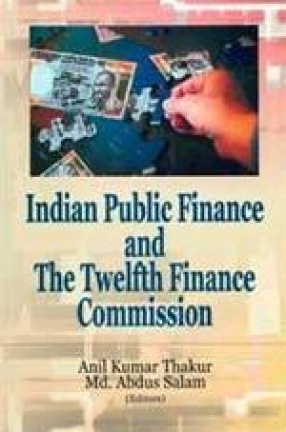
Indian Public Finance and the Twelfth Finance Commission
-
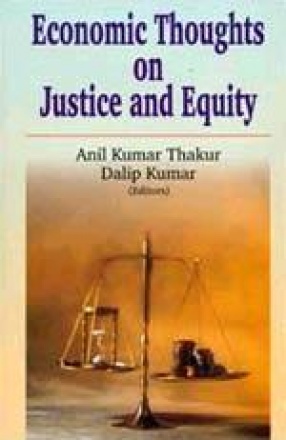
Economic Thoughts on Justice and Equity
-
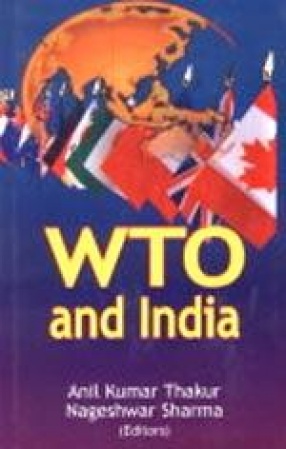
WTO and India
-
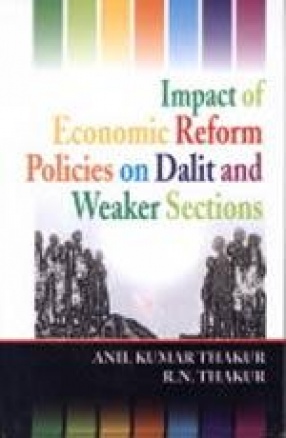
Impact of Economic Reform Policies on Dalit and Weaker Sections
-
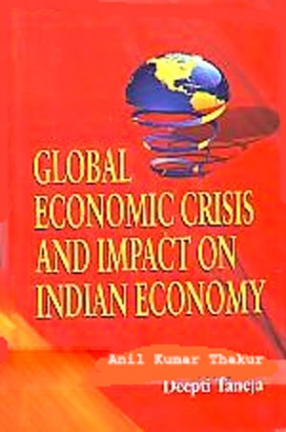
Global Economic Crisis and Impact on Indian Economy
-
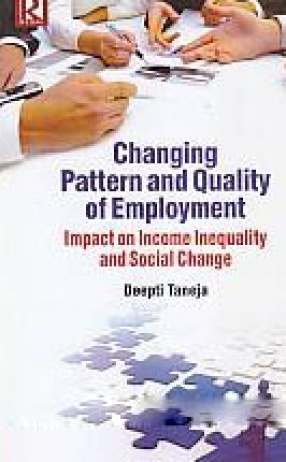
Changing Pattern and Quality of Employment: Impact on Income Inequality and Social Change
-
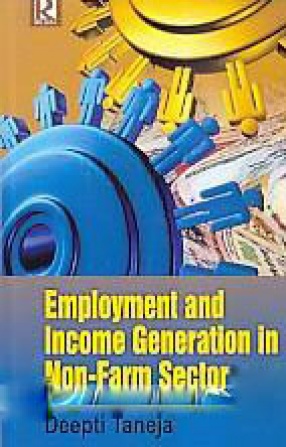
Employment and Income Generation in Non-Farm Sector
-
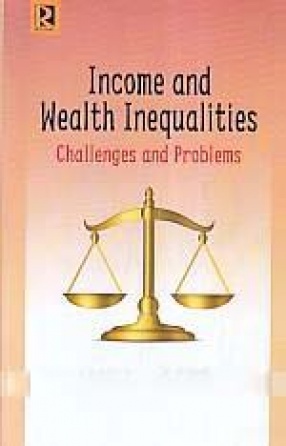
Income and Wealth Inequalities: Challenges and Problems

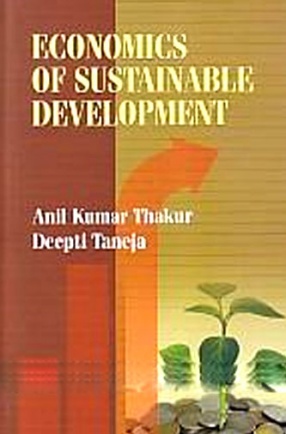


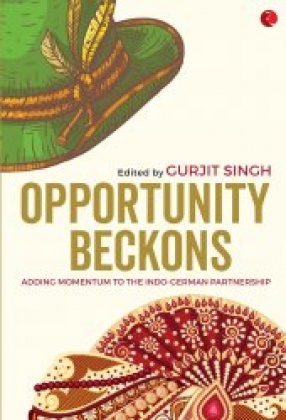


Bibliographic information
Deepti Taneja